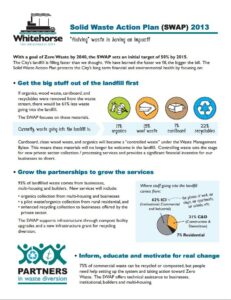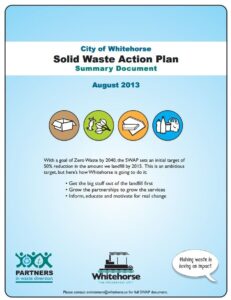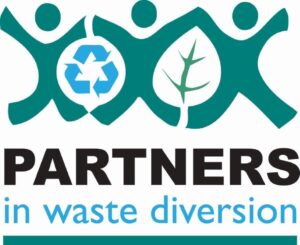The SWAP relies on collaboration with private sector haulers and recycling processors to help shape programs and services. The newly revised City of Whitehorse Sustainability Plan and the upcoming Official Community plan (OCP) recognizes and supports the need for increased waste diversion.
Go from knowing the right thing to doing the right thing! The SWAP is your opportunity to reduce your impact on the Whitehorse you love while also reducing the future costs of living.
What You Need To Know
All Whitehorse residents, businesses, and organizations have a role to play — “be a good sort” and sort your waste!
Electronic waste (also known as e-waste), hazardous waste, large metal items, cardboard, organic waste, bulky items, tires and construction & demolition waste do not belong with regular waste and are not welcome in the landfill. These items, which are designated as controlled or banned under the Waste Management Bylaw, must be sorted and handled separately. They are subject to an unsorted tipping fee ($300/tonne) if not separated from regular waste.
Paper, plastics, glass, and tin (typical “blue box” items) are not currently “controlled,” although it is desirable to keep these recyclable materials out of the landfill too. Visit our sections for residents, businesses or waste service providers for specific information on recycling.
Good news! Meeting our goals is completely within reach. If organics, cardboard, wood, recyclables, metals, household hazardous waste, and e-waste are removed from the waste stream, we would see about 70% less thrown away, and we would easily reach our goal. We all have a role to play with waste diversion, help Whitehorse set precedent for other northern municipalities!



